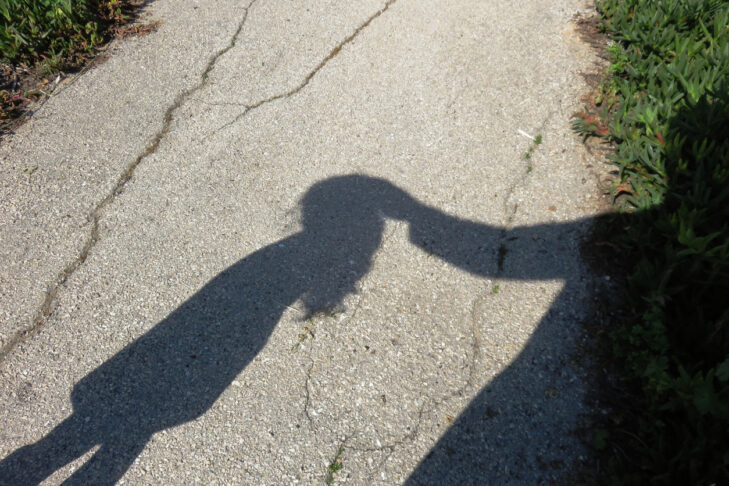In the face of existential threat, a full-blown war in Israel the likes of which many of us have never experienced in our lifetime, an unfathomable active hostage situation, one might imagine that mental health falls to the wayside. In times of dire crisis, the focus could understandably be on basic needs, mobilization of funds and food. And yet, the focus has been broader. The Jewish people understand the impact of trauma and the importance of care. In the past nine days, alongside paralyzing horror stories, we have heard stories of courage and bravery. I want to add one more story of bravery: the story of the Jewish mental health community.
The collective mobilization I have witnessed from the Jewish mental health community is incredible. I started a Facebook group called Jewish Mental Health Providers of Greater Boston, and, within two days, there were over 100 members. It seems that every day, another organization has a program to provide resources and guidance to the community to help us process the trauma, fear and anxiety that we are all feeling. We needed to come together and help one another. Each day, each hour, I am sent another support group, another way to help, another webinar on how to talk to kids, adults, teens. Providers are donating their time and energy like I’ve never seen before. I am now connected to an entire network of Jewish mental health providers and it helps. The community helps.
Many non-Jewish therapists I have spoken to have compassion and empathy and want to help but understand they just can’t. This is embedded within us. We feel this so deeply. There are no words to describe this pain we carry each day. And yet we rise. I was just texting with Dr. Miri Hoben, an Israeli-born clinical psychologist specializing in the treatment of trauma and anxiety of children and youth and director of intensive outpatient treatment services at the Boston Child Study Center (and, my goodness, how lucky I am to be connected to such experts).
Miri has organized Hebrew-speaking mental health clinicians to provide support and counseling to Hebrew speakers in our community. Together we are organizing a list for our English speakers. She has also shared the book that she wrote titled “Therapies on Terror and War,” a children’s book to help parents and children during times of terror and war, digitally free of charge to share with those who may benefit. Organizations and individual practitioners are reaching out to offer help left and right, jumping on support groups online and holding space for us to be together and collectively mourn this atrocity.
The Monday after the attack, I reached out to colleagues at BaMidbar, CJP and Jewish Family & Children’s Service in my role as mental health specialist at Gateways: Access to Jewish Education to ask if they would be interested in joining together to provide a full day’s worth of drop-in support for parents and educators. Within an hour, I had replies from multiple individuals in each organization, offering to donate their time. Local clinicians reached out as well to offer to staff the group throughout the day. By the day of the drop-ins, we had secured both Hebrew- and English-speaking clinicians (at least two per hour) running from 9 a.m. to 4 p.m. We had individuals join us from Massachusetts, California, New York, Chicago and Florida.
The reach of this was felt even from therapists on the call. I have a text from a local area clinician that reads, “Thank you so much for initiating. That was way more impactful than I even realized.” We need our community during these times to have a safe place to mourn and process together. No one asked to be compensated; all asked if we could hold more of these to continue to support.
It is truly remarkable to witness the collective efforts of Jewish mental health providers who have rallied together during this exceptionally challenging period. I have observed their unwavering commitment to the well-being of their community. This demonstrates the resilience and compassion that lies at the heart of our identities as Jews and as therapists.
This collaborative spirit shines as a beacon of hope, underlining our commitment not only to surviving but to thriving. This means attending to mental health—everything from PTSD and survivor’s guilt to American Jewish parents’ fear of sending kids to school right here in Boston. To see our community’s recognition of the importance of mental health, along with the generosity of Jewish mental health professionals, gives me a sense of hope that has allowed me to push through even as I find myself grieving anew with every unbearable story from the massacre.
Thank you to my dear friend, professor Ziva Hassenfeld, for helping me sort through my thoughts in writing.
This post has been contributed by a third party. The opinions, facts and any media content are presented solely by the author, and JewishBoston assumes no responsibility for them. Want to add your voice to the conversation? Publish your own post here. MORE



